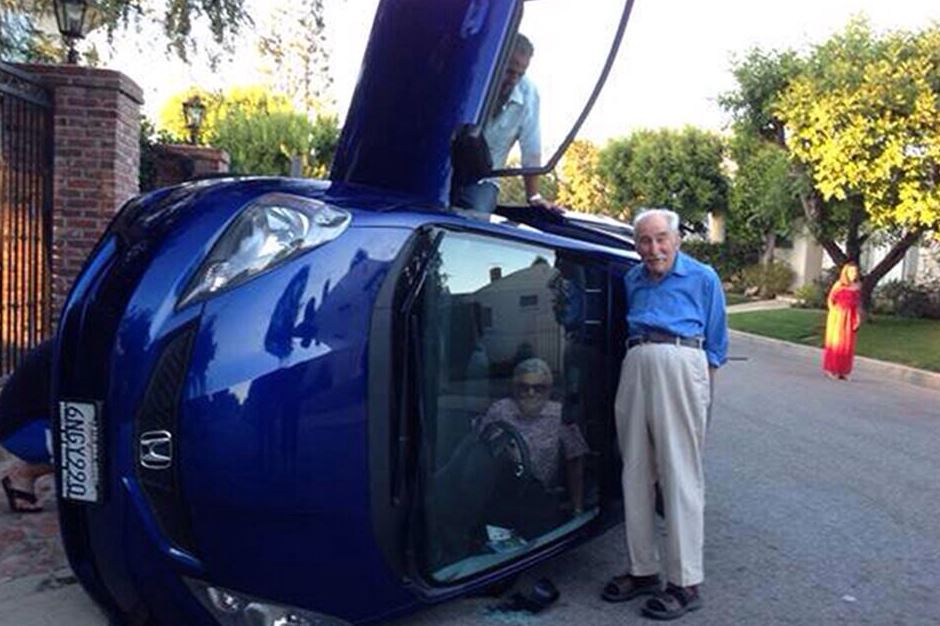Is it Better to Buy or Lease a Car?
What will save us more?

When deciding whether to buy or lease a car, it's important to consider a number of different factors to make an informed choice. After all, the answer is not the same for everyone and ultimately depends on your needs and personal situation. Here are five questions to ask yourself when considering whether you should lease or buy your next car. By answering each of them, you should be able to conclude which option is best for you.
1. Do you own a business?
If you do own a business, leasing is often a smart option. For one, you can deduct your lease from your company's taxes while avoiding the large capital investment that comes with purchasing a vehicle. Ultimately, you should consult with a tax specialist before making this decision to understand what the best strategy is for saving on business costs related to owning or leasing a vehicle.
2. How do you usually treat your vehicles?
If you are known to suffer the occasional dented bumper or drive aggressively, you might want to consider buying a vehicle. Dealers almost always expect you to return your leased vehicles in excellent condition, which means no scratches, dents or other damage. So whether you're a man or woman, make sure to go easy on the gas pedal if you're leasing your car.
How you drive is also an important factor when deciding whether to lease a vehicle for a business. If you are in a heavy construction industry or plan to use your vehicle for off-road purposes, then it's highly unlikely you can return your leased vehicle in near-perfect condition. On the other hand, if you're delivering flowers to weddings or simply working in a white-collar industry, leasing carries far less risks.
3. What is your financial situation?
This is perhaps one of the most important questions you should consider before leasing or buying. Keep in mind that once you sign a contract for a lease, there are expensive penalties for breaking that agreement.
On the other hand, the monthly payments associated with purchasing a vehicle are often twice as high as leasing that same vehicle over the same period of time, meaning you'll have smaller bills each month that you're leasing. That's ultimately because you are only renting the vehicle when you lease it and will have to return it after your contract ends. Unfortunately, this means you'll end up with no real return on your investment since you usually receive no money when handing your vehicle back to the dealer.
When you purchase a vehicle, you're placing equity in that vehicle by becoming an owner. The downside is that for almost all vehicles, the value of your car goes down the longer you drive it. Balancing these financial costs and benefits is an important step on deciding whether leasing or buying works for you.
4. Are you willing to pay a higher down payment?
When purchasing a vehicle at the retail price, expect to pay around 20 percent for a down payment to ensure the best monthly interest rate. Down payments for leasing a vehicle are usually much lower, which means if you are short on cash upfront, then leasing might be a better option.
5. What kind of vehicle do you want?

For certain vehicles with an excellent resale value, purchasing often makes sense, especially if you can find a great deal from a seller. You should research what kind of resale value the vehicle you want has in publications such as Kelley Blue Book or Edmunds.
Make sure you consider what you want from your vehicle. If you enjoy shopping for a new car every couple of years, leasing a vehicle makes sense, as it allows you to trade in your old car and lease a new one relatively easily.
Final Verdict
Whether you decide to lease or purchase a vehicle, you need to make a choice that makes you feel comfortable. By asking yourself the above questions, you should ultimately be able to make the decision that both fits your financial needs and allows you to score the car you desire.
